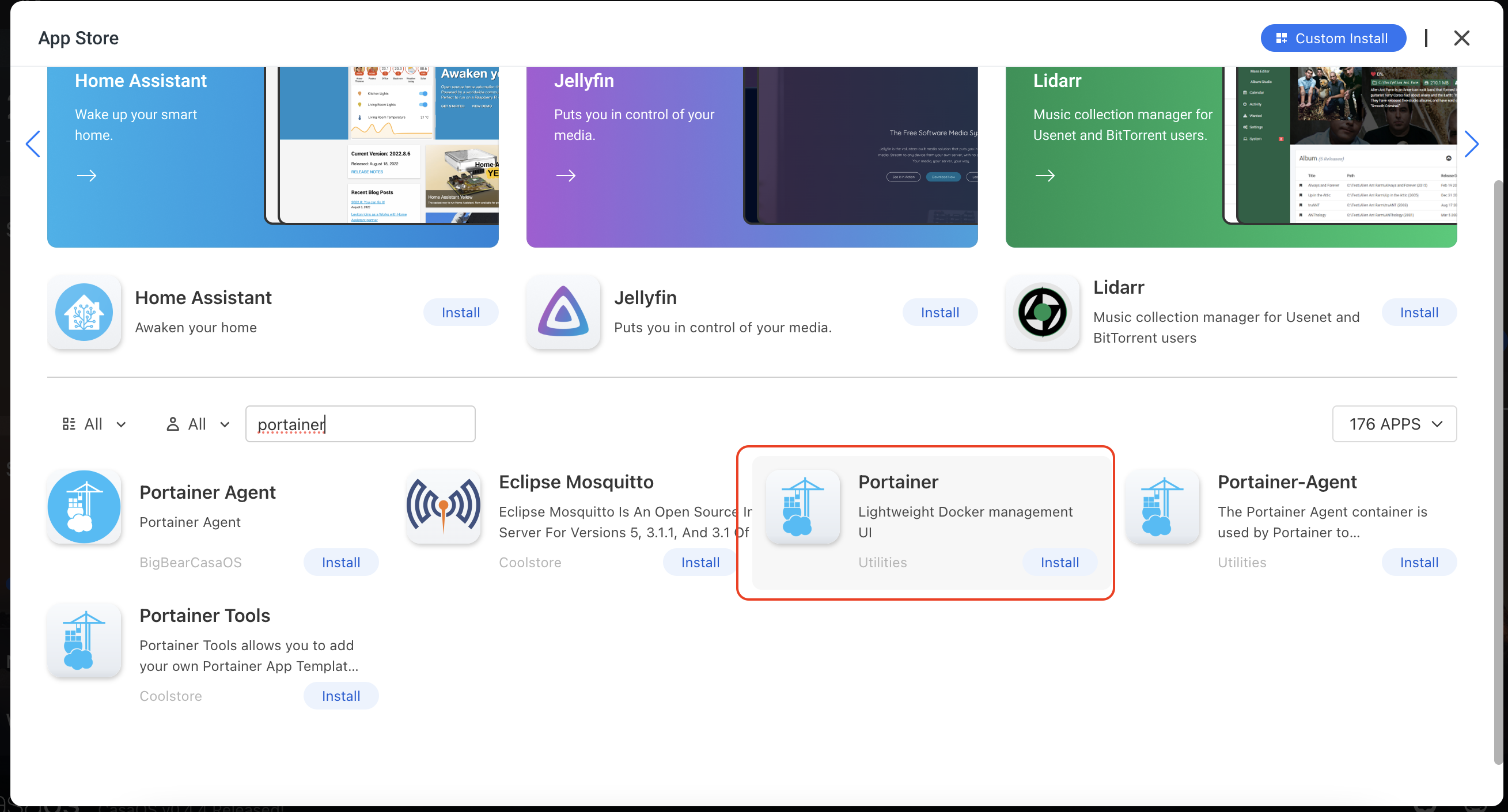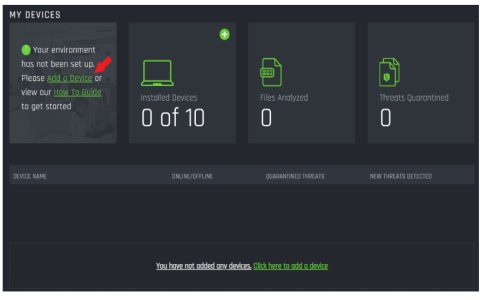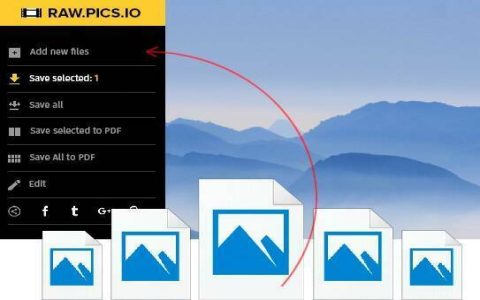This guide provides efficient steps to integrate Portainer with CasaOS for streamlined container management in your home environment.
Prerequisites
- CasaOS installed and running on your home server.
- Docker enabled and functional within CasaOS (default state).
- SSH access or terminal access to the CasaOS host.
- Web browser access to the CasaOS host IP/hostname.
Install Portainer via CasaOS App Store
Navigate to the CasaOS web UI. Click on the App Store button. Search for Portainer. Select the official Portainer Community Edition (CE) app. Click Install. Accept the default installation settings. CasaOS will pull the image and deploy the Portainer container.
Access Portainer & Set Admin Password
Once installed, find Portainer in your CasaOS dashboard. Click the Portainer app icon to open its interface. You will be prompted to create an initial administrator username and a strong password. Complete this setup step.

Connect Portainer to the Local Docker Environment
After login, Portainer prompts to connect an environment. Select Docker. Use the environment name Local. For Environment URL, enter: unix:///var/run/*. Click Connect. Portainer establishes a direct connection to manage the Docker daemon on your CasaOS host.
Manage Containers via Portainer
- View Containers/Stacks: Click Home > Local environment. See all running containers and stacks.
- Inspect Logs: Select a container > Logs tab.
- Start/Stop/Restart: Use quick action buttons next to each container.
- Deploy New Apps: Use the App Templates feature or manually deploy via Stacks or Containers.
- Manage Images: Go to Images to view, pull, or remove images.
Manage CasaOS Apps via Portainer
CasaOS apps deployed via its App Store are standard Docker containers. They appear in the Portainer Containers list within the Local environment. You can start, stop, restart, or inspect logs for these CasaOS-managed containers directly from Portainer.
Verify Integration
Perform a simple action in both interfaces. Start/Stop a container in CasaOS - confirm the state change reflects immediately in Portainer's container list. Similarly, perform an action in Portainer and see it reflected in CasaOS. This confirms bidirectional visibility.
Optional: Persistent Portainer Configuration
During installation via CasaOS App Store, ensure the `/DATA/AppData/portainer` directory is mounted to `/data` inside the Portainer container. CasaOS handles this by default using its ZimaOS storage layer. Verify persistent storage exists by checking container volumes in Portainer Settings.








